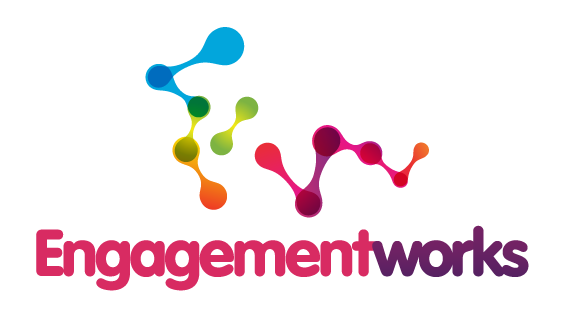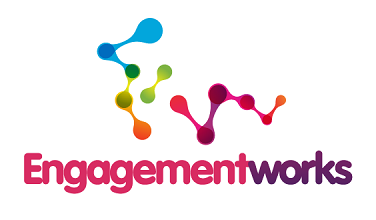Although Facebook, Twitter, Google+, Instagram and others have been around for a while, including previous general elections, their significance is still emerging as a meaningful form of engagement between organisations, celebrities, politicians and everybody else in the world that comprises Socialmediadom.
Following MP Judith Collins’ testy forays on Twitter earlier this year, the prime minister remarked he supported his minister’s decision to withdraw because Twitter was full of “trolls and bottom-feeders”.
Other comments made by leading politicians suggest that their primary interest in social media channels is to push information and comments out to whomever. This is probably because having a presence on mainstream social media is seen to be modern and “hip” and because it’s a task that can be easily delegated or automated.
Effective engagement, whatever channels are used, comes at a cost. This is particularly true for social media. The cost involves time and intellect. If the necessary investment in both of these communities is neglected, it shows. Lack of investment also creates a fertile environment for “trolls and bottom-feeders” to do what they do best.
All successful relationships and conversations need to be shaped and participants must be treated as equals. Mainstream social media makes hard work of lending itself to that sort of intercourse where many participants seem to believe that louder is better, and abuse and bullying are OK. Discussions quickly divert from their initial focus, meme builders apply their craft, camp followers arrive and circle their wagons. Apart from occasional flashes of inspiration or insight, nothing much happens until the next foray.
While it’s easy for engagement specialists to say “it doesn’t have to be that way”, there appears to be scant interest from people wanting to build better pathways to allow more meaningful connections. That’s short-sighted, because there are some powerful tools, including those for online engagement. These tools are widely available, even to politicians!
And no, those tools don’t include Facebook or Twitter. The “better” tools allow meaningful, moderated discussions and exchanges of ideas and opinions where online exchanges can be captured and analysed. Moderation is an essential component, as it keeps conversations on topics and minimises the effects that “trolls and bottom-feeders” can wreak.
These tools are being used by some New Zealand organisations, but not widely or frequently. On the other hand many organisations are using Facebook, Twitter, Google+, YouTube and some other channels, but not particularly effectively. Quantity does not always align with quality.
Choices of tools shouldn’t be random or based on a “me too” approach. Decisions should be based on a carefully crafted engagement plan that has a clear picture of what success looks like and a detailed pathway to get there. “If you don’t know where you’re going, any road will get you there,” as Lewis Carroll’s Cheshire cat once famously observed. The same can be said for choices of tools.
Yes, these specialist online engagement tools cost a bit more to operate than the likes of Twitter and also take a bit of time to set up. But like most things in life, one gets what one pays for. To quote legendary American oil well firefighter Red Adair “If you think it's expensive to hire a professional to do the job, wait until you hire an amateur.”
In the absence of a clear strategy, it is most likely that politicians’ efforts in Socialmediadom this election will produce more heat than light and, as many online citizens are expecting, bountiful embarrassment and entertainment, an all-you-can-eat buffet for the trolls and bottom-feeders.





 RSS Feed
RSS Feed
